It seems that nowadays being an entrepreneur is in fashion and if you also set up a legaltech startup you are the hottest thing in the world. And I am not surprised. The legal industry is not only a huge market, it is also very outdated. In general, we work with 1995 technology… That’s all I’m saying.
In my humble opinion, there is a need for a lot of technology and much, much innovation in the legal sector. Unfortunately, both the back office and the customer service are often stale. Modernise or die! Especially because this is a mature and well-established sector in which lawyers urgently need to differentiate themselves in order to be competitive and attract the attention of clients, who increasingly value a close, pleasant and 100% digital experience.
There are around 200 (and growing!) legaltech startups in Spain. This reflects the take-off of the sector and its great interest in the entrepreneurial ecosystem. However, with some exceptions, SaaS are still relatively basic enterprise resource planning systems for office management without a sophisticated user experience. Current online legal document template solutions are functional but do not provide a great deal of innovation. Lawyers’ marketplaces have not yet democratised access to justice. Only a brave few dare to lead real projects driven by the use of disruptive technologies incorporating artificial intelligence or blockchain techniques into legal processes. Unfortunately, a lot of technology is missing in most of the “wrongly” called legaltech projects.
Covid-19 has definitely accelerated the digital transformation of the sector and changed the rules of the game. In my opinion, some of the main challenges facing the Spanish legal profession are the adaptation of processes to a continuous and growing teleworking environment, the incorporation of collaborative and productivity-enhancing tools in the DNA of lawyers, the optimisation of legal knowledge management thanks to the use of technology, the multidisciplinary preparation of new legal profiles, the accompanying digitalisation of the courts, the simplification of legal jargon in legal documents and the improvement of the distant, haughty and cold image of the lawyer in society.
Therefore, I believe that now is the time to launch projects to develop SaaS B2B tools in the cloud as well as those that automate internal legal processes in companies, promoting teleworking. Likewise, marketplaces for lawyers that allow telematic advice have a great opportunity, as do applications that guarantee a better connection and virtual dealings with the courts. The development of entrepreneur-driven initiatives focused on legal design and legal operations also seems to me to be a real success.
How fortunate that the Spanish ecosystem now has a new actor, the Legal Entrepreneurship Lab of the Mutualidad Abogacía Foundationto support all those inquiring minds to unleash their ideas, turn them into innovative legaltech projects and, with hard work and dedication (and a bit of luck), into sustainable businesses that generate wealth for society. This is the way to build a country.









